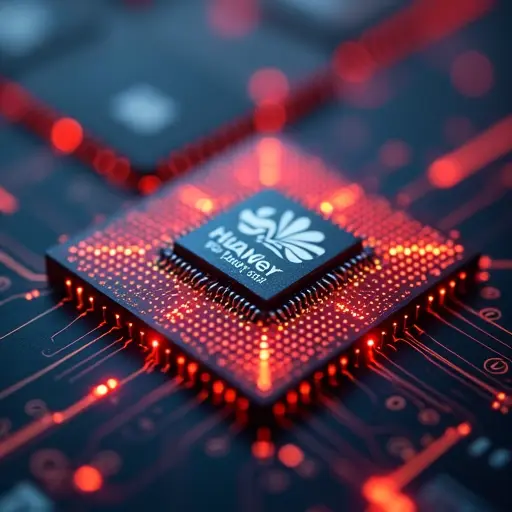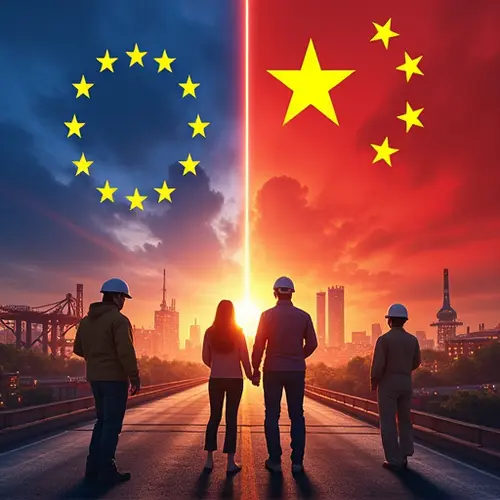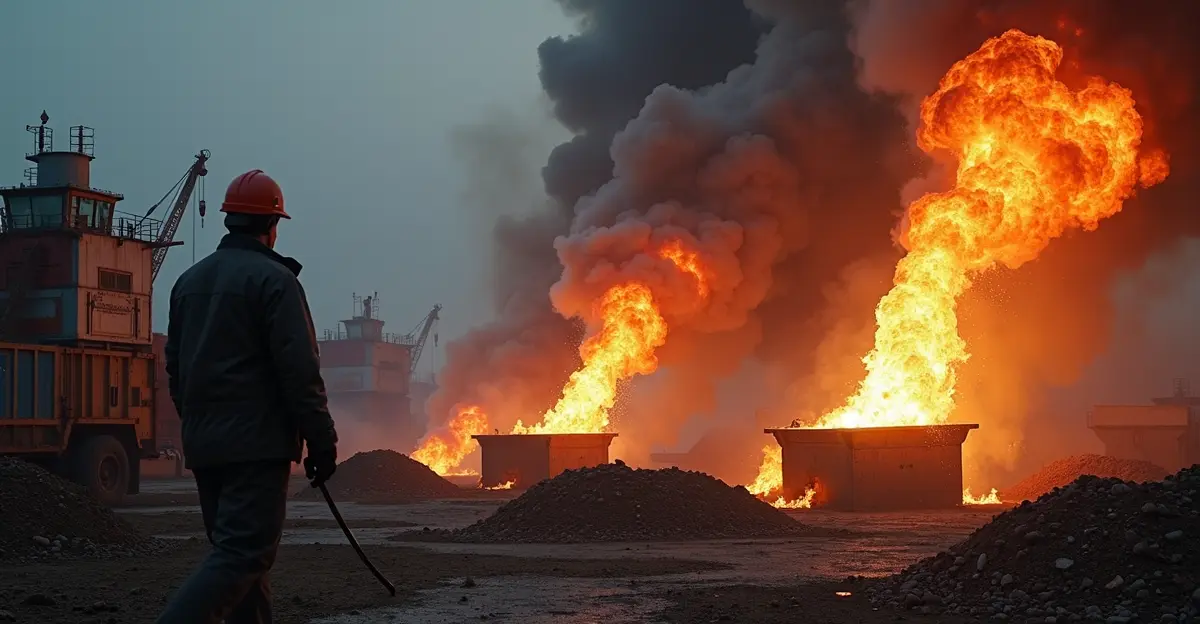Tensions between the US and China have reignited over Huawei's advanced AI chips, despite a recent temporary trade agreement. Both sides accuse each other of undermining consensus and engaging in protectionism.

Just days after the US and China agreed on a temporary reduction of mutual import tariffs, tensions have flared up again. This time, the dispute revolves around Huawei's most advanced AI chips, with both sides exchanging accusations.
Washington had previously warned against the use of Huawei's AI chips. Beijing responded by accusing the Trump administration of undermining the consensus reached during trade talks in Geneva. The parties agreed to temporarily roll back tariffs to reduce trade tensions and give the world's two largest economies three more months to resolve their disputes.
The Chinese Ministry of Commerce also accused the US of 'misusing export controls to suppress China,' engaging in what it described as unilateral intimidation and protectionism. This followed the US government's decision to reverse some Biden-era restrictions aimed at keeping advanced AI chips out of the hands of foreign rivals.
Huawei's Ascend chips, its most powerful AI processors, are used to challenge Nvidia's dominance in high-end chip development. While Huawei accelerates efforts to develop its own high-end chips, Nvidia is increasingly concerned about losing access to the Chinese market, especially after the Trump administration restricted exports of its H20 AI chips to China.

 Nederlands
Nederlands English
English Français
Français Deutsch
Deutsch Español
Español Português
Português






